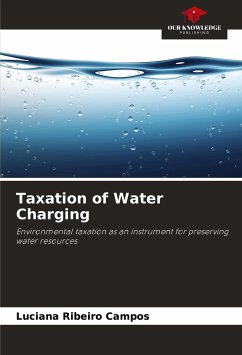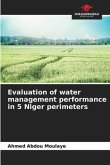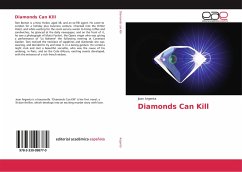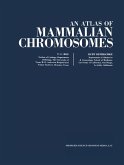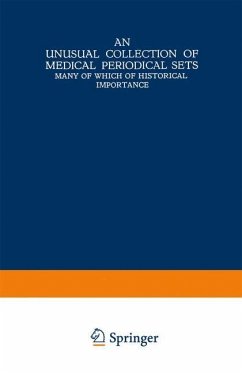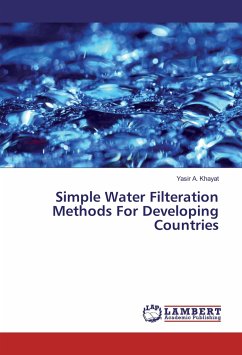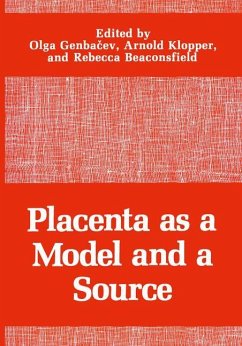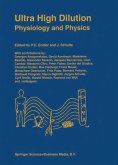This work is part of a Master's Degree in Law (Federal University of Alagoas), in which environmental taxation is defended as an instrument for protecting water resources. It starts with an overview of the importance and various uses of water, and then looks at the historical position of this asset in international and national legislation. A constitutional rereading of competences in water matters is carried out and access to water resources is defined as a fundamental right. It is noted that charging for the use of water resources, as a restriction on a fundamental right, can only be instituted by law. The polluter pays principle and the theories of fundamental rights, Pigou, Pareto's optimum and extended anthropocentrism are the foundations that legitimize environmental taxation. The conclusion is that the charging of water is a tax, in the form of a contribution to intervene in the economic domain.
Bitte wählen Sie Ihr Anliegen aus.
Rechnungen
Retourenschein anfordern
Bestellstatus
Storno

